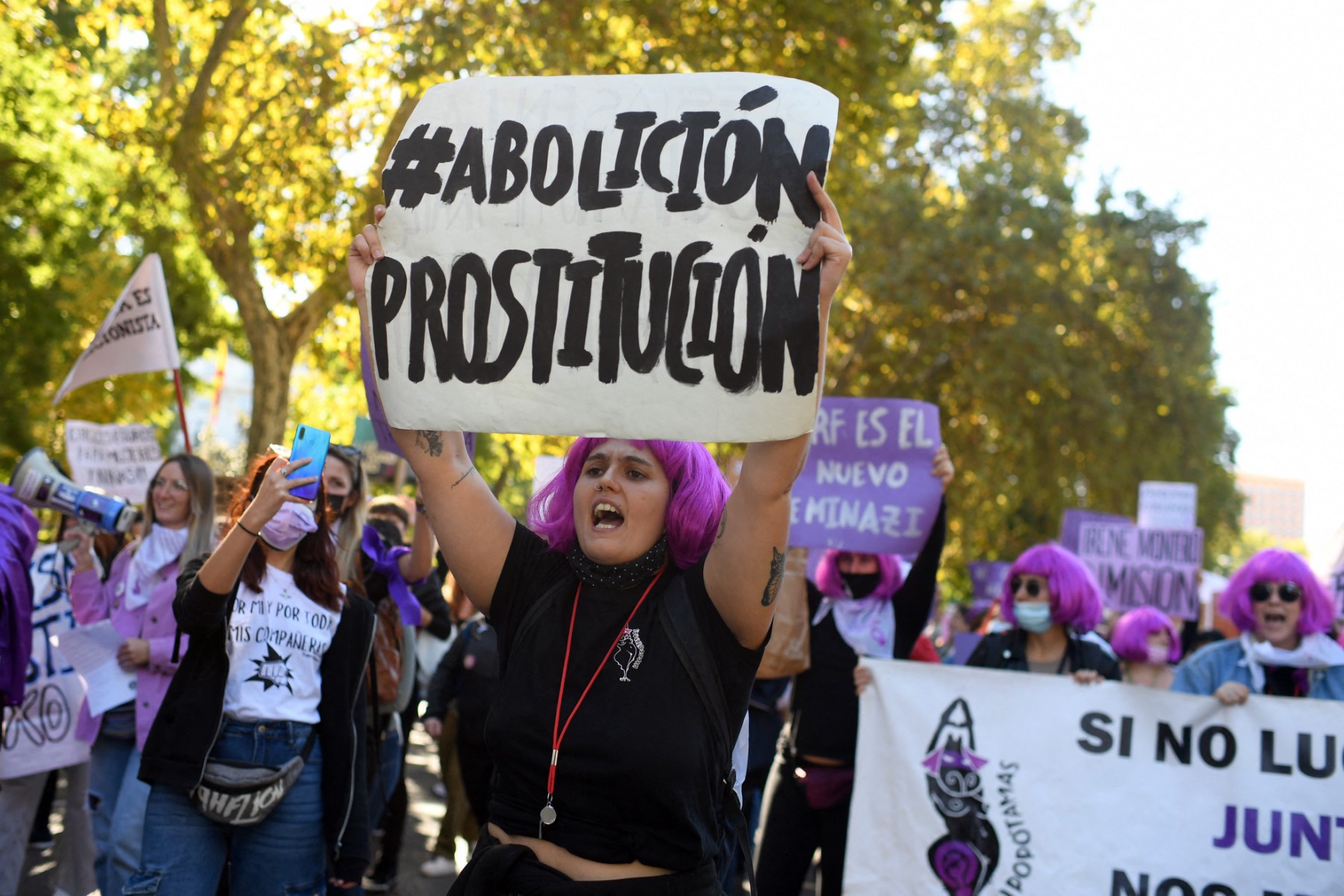“My problem is English… I have to start studying it,” he told Telecinco television in his first interview since his right-wing Popular Party (PP) scored a major victory in Sunday’s local and regional elections.
“I already had an English teacher set up to start learning on Monday, but now it turns out I’ve been called to a general election. Well, no problem,” Feijóo said.
“International summits normally have translators and what’s most important is that I know what I want to say.”
READ ALSO – PROFILE: Who is Alberto Núñez Feijóo and could he be Spain’s next PM?
On Monday May 29th, Prime Minister Pedro Sánchez – whose ruling Socialists suffered a drubbing in Sunday’s polls – caught the country off guard by calling snap elections on July 23rd.
Spain takes over the rotating presidency of the European Union on July 1st.
During the regional election campaign, Feijóo went viral after he was caught on camera mispronouncing US rock legend Bruce Springsteen’s name, calling him “Bruce Sprinter” during a party rally.
READ ALSO: Who won where in Spain’s regional elections?
Spain has had a long history of prime ministers who do not speak English. One was the former PP prime minister Mariano Rajoy who, when asked a question in English by the BBC at a press conference in 2017, dismissed it with a wave.
“Hombre, no,” he retorted, or “Oh man, no”, despite years of private English classes dating back to 2009 when he was opposition leader.
Sánchez is Spain’s first prime minister to be fluent in English.




 Please whitelist us to continue reading.
Please whitelist us to continue reading.
Member comments